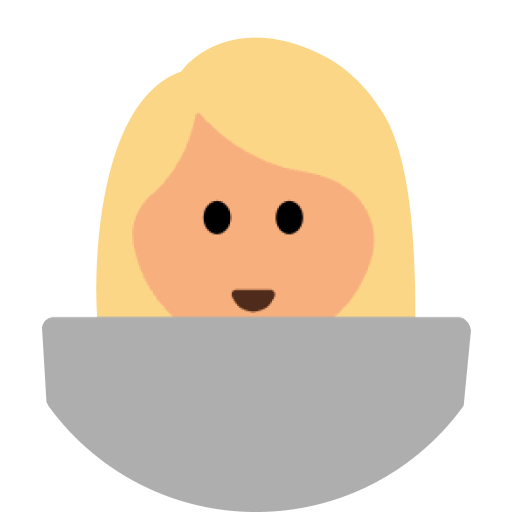
这里的looking是什么意思?

母语人士的回答
Rebecca
在这里, looking被用作形容词,意思是有一定的外表。当您想描述某人或某物的外观时,您可以使用形容词并looking来描述它。示例: That's an ugly-looking car. = That car has an ugly appearance. (这辆车看起来很丑。) 例子: Those actors make a good-looking couple. (这些演员是很棒的一对。)


Rebecca
在这里, looking被用作形容词,意思是有一定的外表。当您想描述某人或某物的外观时,您可以使用形容词并looking来描述它。示例: That's an ugly-looking car. = That car has an ugly appearance. (这辆车看起来很丑。) 例子: Those actors make a good-looking couple. (这些演员是很棒的一对。)
01/17
1
为什么all在这些词之间?

说话时,为把原因all之后you (JUR)是因为话语的目标是不是一个人,而是几个人。如果您观看视频,可以看到Ellen在谈论很多人,包括观看节目的观众和听众。在美国南部方言,也有表达y'all这是短期的you all 。但是,这种表达在包括北部在内的普通英语地区使用得并不好。示例: Thank you all for attending this event tonight. ( Plural you )(如果you是复数,则非常Thank you for your present.今晚参加会议。)示例: Thank you for your present. ( Singular you )(如果you是单数:非常感谢你今天来)
2
说I'm in love with you说I love you有区别吗?

这是个好问题! I love you是一种可以用于所有关系、恋人、朋友、家人等的表达方式。但是, I'm in love with you只用在恋爱关系中,表示你爱得很理性。示例: I think I'm in love with my friend. What do I do? (我想我爱我的朋友。我该怎么办?) 示例: Stacy and Peter are so in love. (Stacy 和 Peter 相爱了。)
3
pass by是什么意思?

路过Pass by意思是经过,在去某个地方的路上经过某物附近。这也可能意味着在你没有注意到的情况下发生了一些事情。示例: The moment to go and talk to her passed me by. (我去和她说话的那一刻在我不知情的情况下过去了。) 示例: Let's pass by the shops on the way to Jerry's house. (让我们在去杰瑞家的路上顺便去商店。)
4
I bet是什么意思?这是非正式的语气吗?

是的,可以说是有点不正式的表达。当您确定某事或您希望某事肯定会发生时,您可以使用“ I bet ”这个词。说明你是那么的自信,几乎可以下注!示例: I bet I'm going to wake up late again tomorrow. (我敢肯定我明天会再晚起床。) 示例: The weather has been terrible recently. I bet it's going to rain again all week. (这几天天气真的很糟糕。我相信整个星期都会再次下雨。)
5
your best表达方式是什么?

Your best是指尽自己最大的努力,或尝试做一些成功的事情。 Trying your best意味着您可能不会成功,但仍会尽力而为。示例: He didn't do well on the exam but at least he tried his best. (他的考试成绩不佳,但至少I did my best to try and communicate in Spanish when I went to Mexico. 。)例如: I did my best to try and communicate in Spanish when I went to Mexico. (去墨西哥时,我尽力用西班牙语进行交流。)
通过测验完成表达式!
你觉得你是这辆车里最好看的人吗?